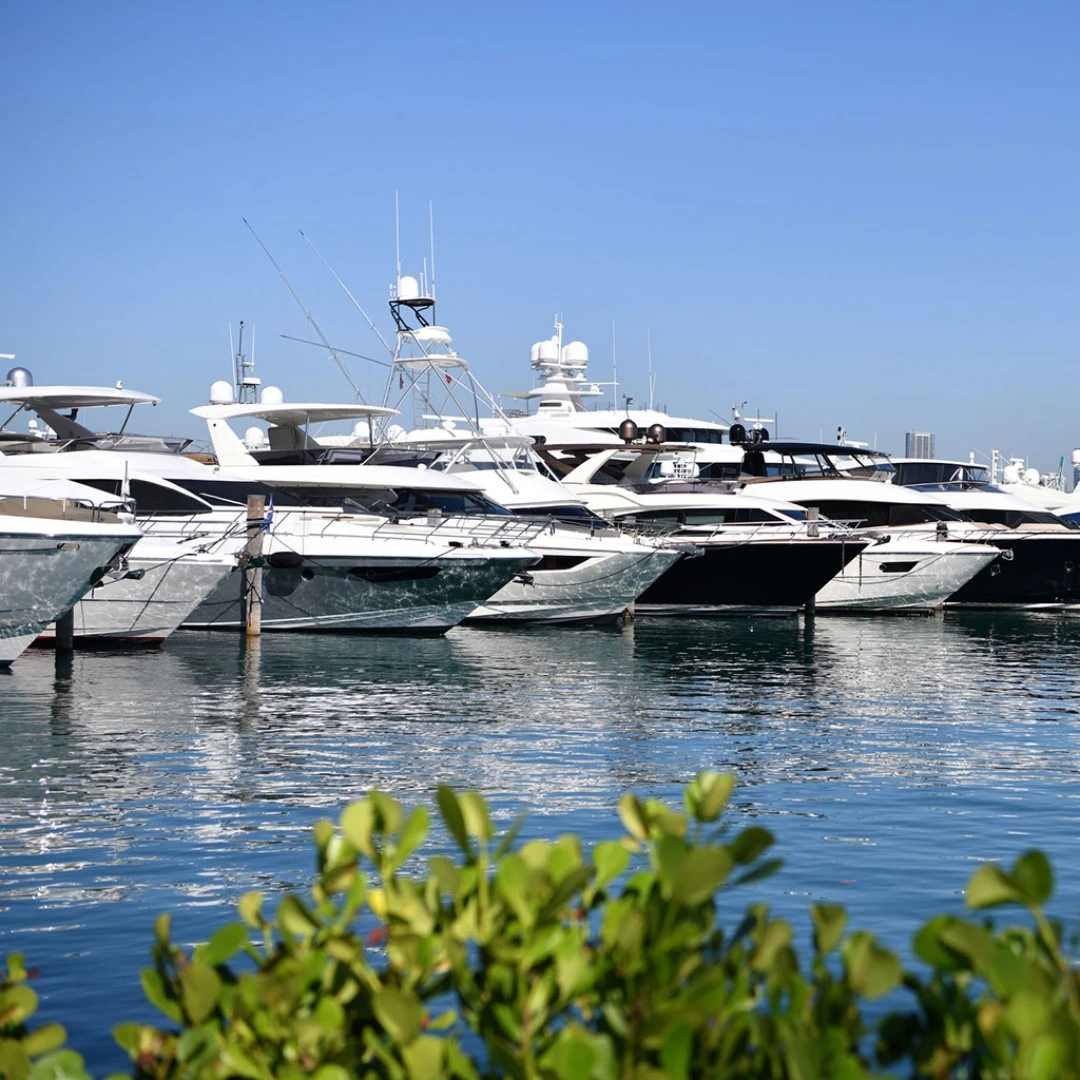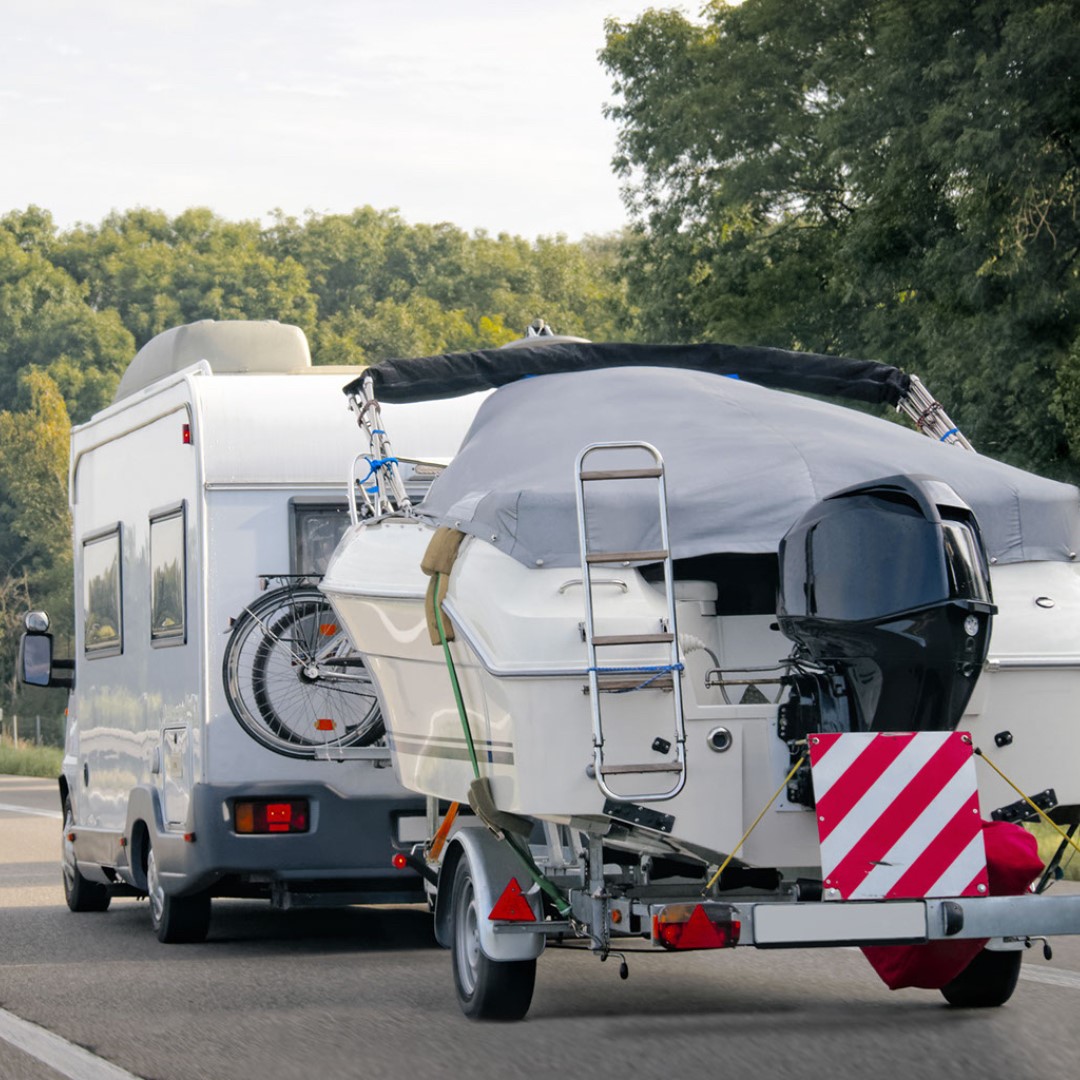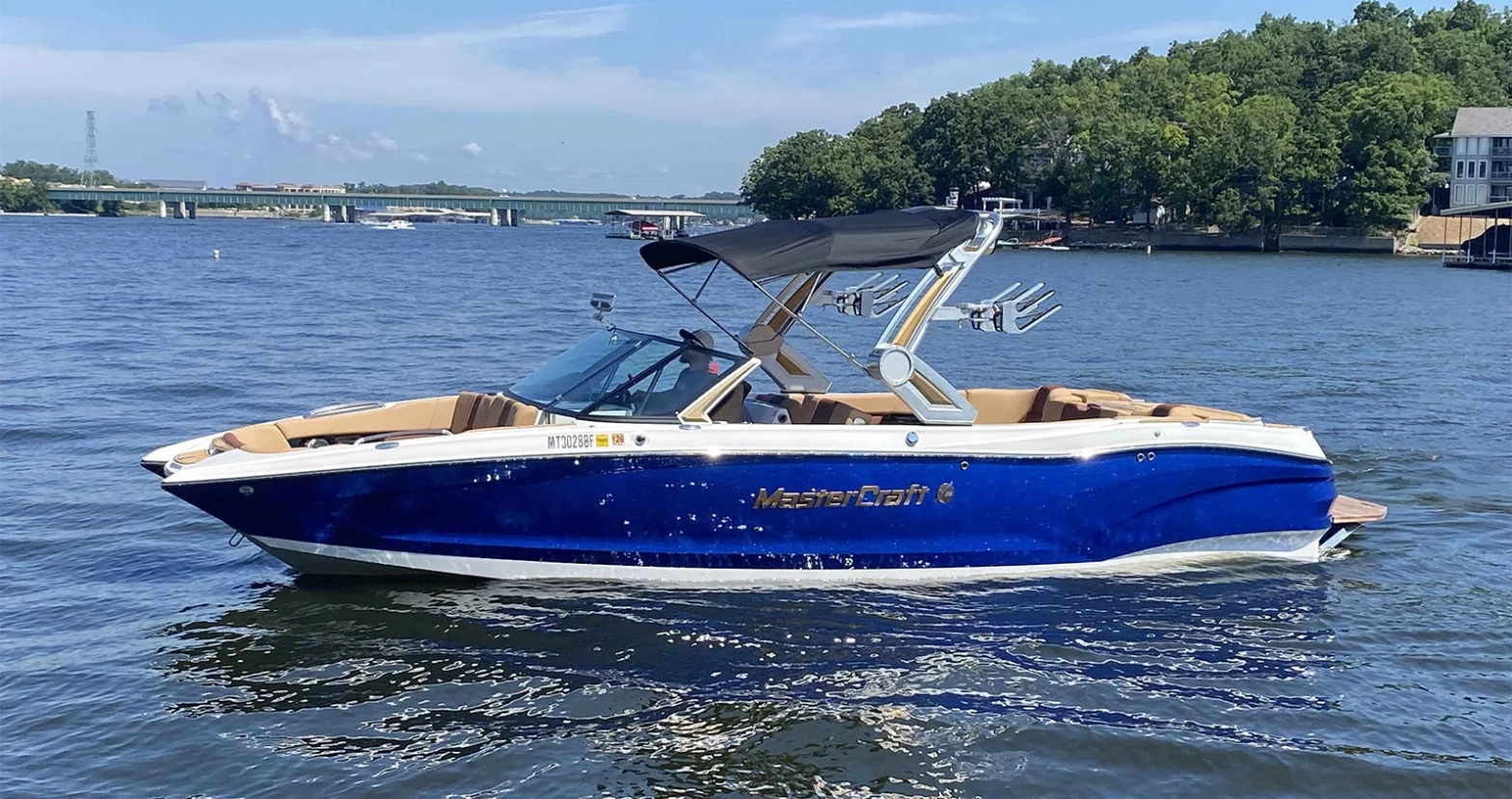Buying a boat is a big decision and one that should not be taken lightly. There are a lot of things to consider before making a purchase, and it is important to do your research. This is especially true if you are considering buying a used boat from a private party.
While private sales can sometimes be a great way to get a good deal on a boat, there are also risks involved. The most common problem is that the boat’s condition was not as advertised. Unfortunately, there have been many cases where buyers have been left high and dry after being promised help from the seller, only to be met with a cold “not my problem” response once the sale is complete.
Read our Buyer Guides to help you navigate the boat buying waters.
Don’t buy unseen!
Going to see the boat in person is always best, as it’s important to inspect every inch of the vessel. If you are not able to check out the boat yourself, try and get a friend or family member to go and see the boat.
Buying As-Is
Private-party sellers of boats often sell them in “as is” condition, which means there’s virtually no way for buyers to get their money back if something goes wrong. It is also important to ask the seller about any serious defects or prior accidents in which the boat may have been involved. The seller isn’t required to give any information that the buyer does not request, so consider adding a line in your purchase contract. If the seller is uncomfortable with this, you may have to walk away from the deal.
Due Diligence
When buying a boat from a private seller, it’s important to do your due diligence and ensure everything is in order before you sign the check! One of the most important things to check is the Hull Identification Number (HIN). This number should match the registration and title exactly. If it doesn’t, there could be issues with retitling the boat.
Another thing to be aware of is any outstanding liens on the vessel. The boat’s title will list any liens, such as a bank loan that will need to be paid off in order to transfer the title. If there’s a loan, you’ll need to make sure it’s paid off before you can take ownership of the boat.

Check and Check Again!
A condition and valuation (C&V) survey is a valuable tool in the boat-buying process, as it can provide you with an expert’s opinion on the current condition of the vessel as well as its fair market value. In addition, a C&V survey can help to identify any potential problems that could cause issues down the road. While it may seem like an unnecessary expense, a C&V survey can save you time and money in the long run by helping you to avoid making a purchase that you may later regret.
A sea trial is also important, as this allows you to see how the boat handles on the water and get a feel for its performance. If problems are revealed during a survey or sea trial, it may be possible to negotiate a lower purchase price or even back out of the deal altogether.
Signed and Sealed
A purchase and sales agreement is a legally binding contract between a buyer and seller that outlines the terms of a transaction. Once you’ve decided you want to buy a boat, agree on terms with the seller, and checked that the title and registration are in the seller’s name, fill out this form to protect both parties involved. The purchase agreement should include information such as the make and model of the boat, the purchase price, and the date of sale. In addition, both the buyer and seller should sign and date the agreement. By taking these precautions, you can help ensure a smooth and successful transaction.











